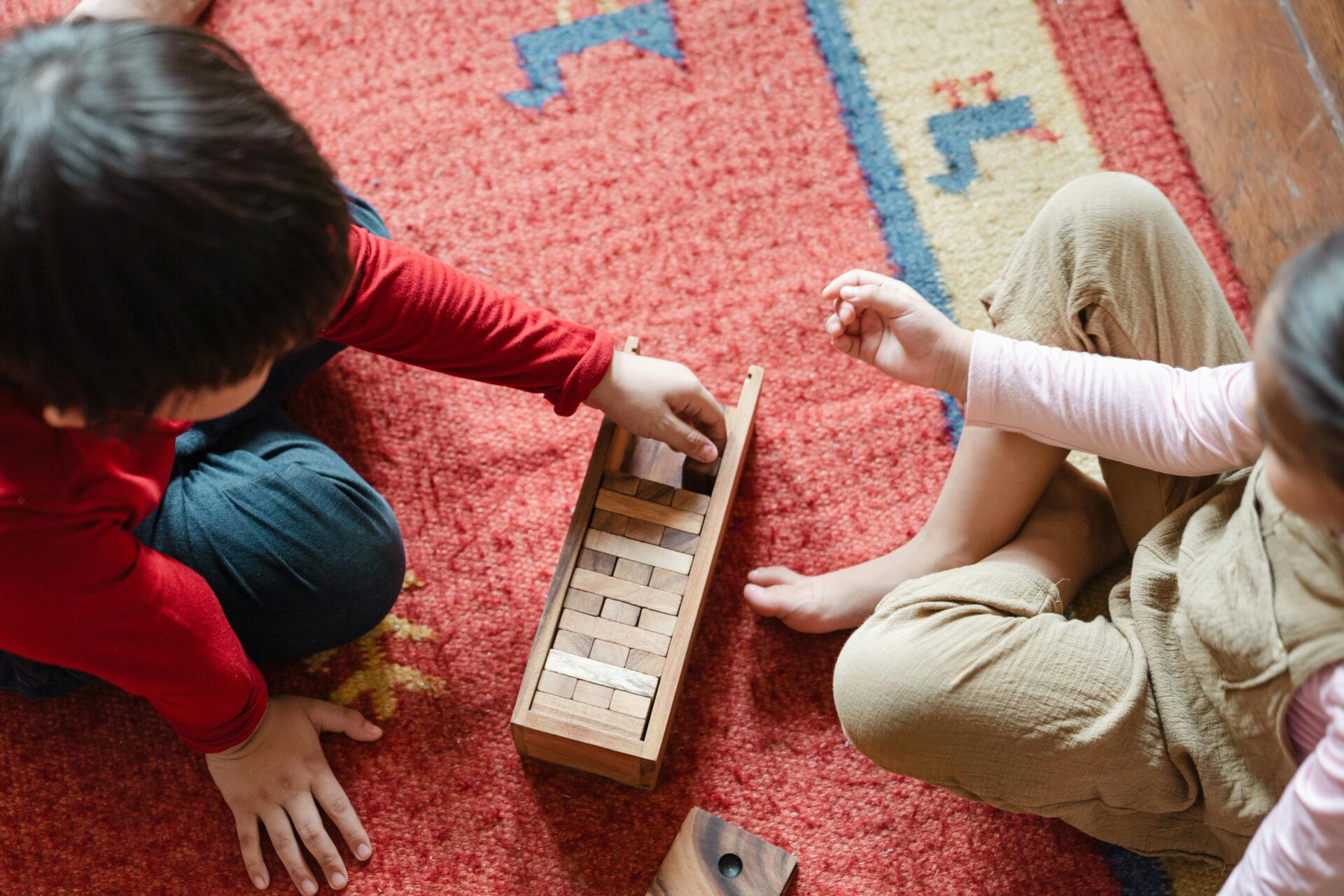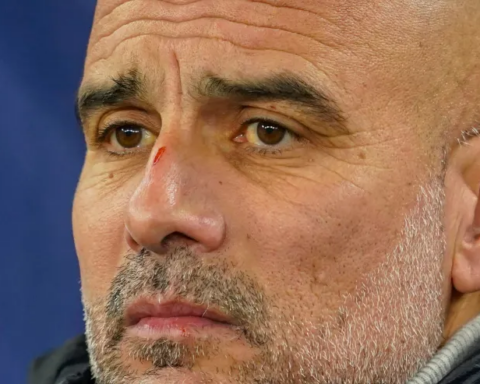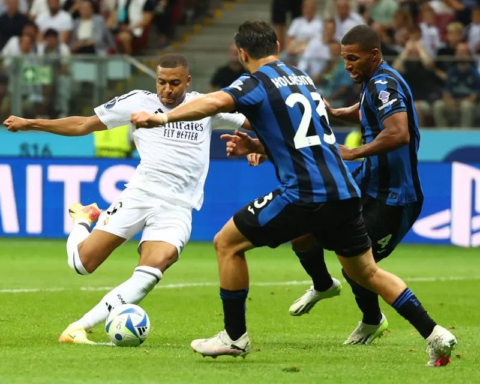In the competitive world of sports, physical prowess and technical skills are essential, but they are only part of the equation for success. The mental game, encompassing the psychological aspects of performance, plays a crucial role in achieving and sustaining excellence. A winning mindset not only enhances athletic performance but also helps athletes navigate the pressures and challenges inherent in competitive sports. This article delves into the strategies that athletes can use to build a robust mental game and cultivate a winning mindset.
Understanding the Importance of the Mental Game
Before exploring specific strategies, it is essential to understand why the mental game is so important. Athletes often face high-pressure situations, including critical moments in competitions, rigorous training schedules, and the need to maintain focus amidst distractions. A strong mental game helps athletes to:

- Stay Focused: Maintaining concentration during crucial moments.
- Overcome Adversity: Bouncing back from setbacks and failures.
- Enhance Confidence: Believing in one’s abilities and potential.
- Manage Stress: Handling the pressures of competition and expectations.
- Sustain Motivation: Keeping the drive to train and improve over time.
Strategies for Building a Winning Mindset
1. Goal Setting
Setting clear, achievable goals is fundamental to building a winning mindset. Goals provide direction and a sense of purpose. Athletes should set both short-term and long-term goals to create a roadmap for their progress.
- Short-term goals focus on immediate objectives, such as improving a specific skill or achieving a particular performance metric in the next game.
- Long-term goals encompass broader ambitions, such as winning a championship or breaking a personal record.
Using the SMART criteria (Specific, Measurable, Achievable, Relevant, Time-bound) can help in setting effective goals.
2. Visualization
Visualization, or mental imagery, involves creating vivid images of successful performance in the mind. This technique helps athletes prepare mentally for competitions and improve their performance.
- Positive Imagery: Athletes visualize themselves performing successfully, which boosts confidence and reduces anxiety.
- Process Visualization: Focusing on the steps required to achieve a successful performance, reinforcing muscle memory and technique.
Practicing visualization regularly can enhance an athlete’s mental preparation and readiness for competition.
3. Self-Talk
Self-talk refers to the internal dialogue that athletes have with themselves. Positive self-talk can reinforce confidence and motivation, while negative self-talk can undermine performance.
- Positive Affirmations: Statements that affirm an athlete’s abilities and potential, such as “I am strong” or “I can handle this pressure.”
- Instructional Self-Talk: Specific cues and reminders that help athletes focus on technique and strategy during performance.
Athletes should be mindful of their self-talk patterns and practice replacing negative thoughts with positive, constructive ones.
4. Mindfulness and Meditation
Mindfulness and meditation practices help athletes stay present and focused. These techniques can reduce stress and enhance mental clarity.
- Mindfulness: Being fully present in the moment without judgment. Athletes can practice mindfulness through breathing exercises, body scans, and mindful observation.
- Meditation: Structured practice that involves focusing the mind on a particular object, thought, or activity. Regular meditation can improve concentration, reduce anxiety, and promote a sense of calm.
Incorporating mindfulness and meditation into daily routines can help athletes maintain a balanced and focused mindset.
5. Developing Resilience
Resilience is the ability to bounce back from setbacks and challenges. Developing resilience is crucial for athletes who face the inevitable ups and downs of competitive sports.
- Reframe Setbacks: Viewing failures and setbacks as opportunities for learning and growth rather than as insurmountable obstacles.
- Build a Support Network: Surrounding oneself with supportive coaches, teammates, and mentors who provide encouragement and guidance.
- Practice Gratitude: Focusing on the positive aspects of the athletic journey, such as progress made, experiences gained, and support received.
Resilient athletes are better equipped to handle adversity and maintain a positive outlook.
6. Pre-Competition Routines
Establishing pre-competition routines can help athletes manage anxiety and prepare mentally for performance. These routines create a sense of familiarity and control, reducing pre-game jitters.
- Physical Warm-Up: Engaging in specific exercises and stretches to prepare the body.
- Mental Preparation: Utilizing visualization, positive self-talk, and relaxation techniques to get into the right mindset.
- Focus Rituals: Simple actions, such as listening to music or performing a specific sequence of movements, that help athletes concentrate and center themselves.
Consistent pre-competition routines can enhance an athlete’s readiness and confidence.
Building a winning mindset is an ongoing process that requires dedication and practice. By incorporating strategies such as goal setting, visualization, positive self-talk, mindfulness, resilience-building, and pre-competition routines, athletes can strengthen their mental game and enhance their overall performance. The mental aspects of sports are just as important as the physical, and a robust mental game can make the difference between good and great. Embracing these strategies will help athletes unlock their full potential and achieve lasting success in their athletic endeavors.







